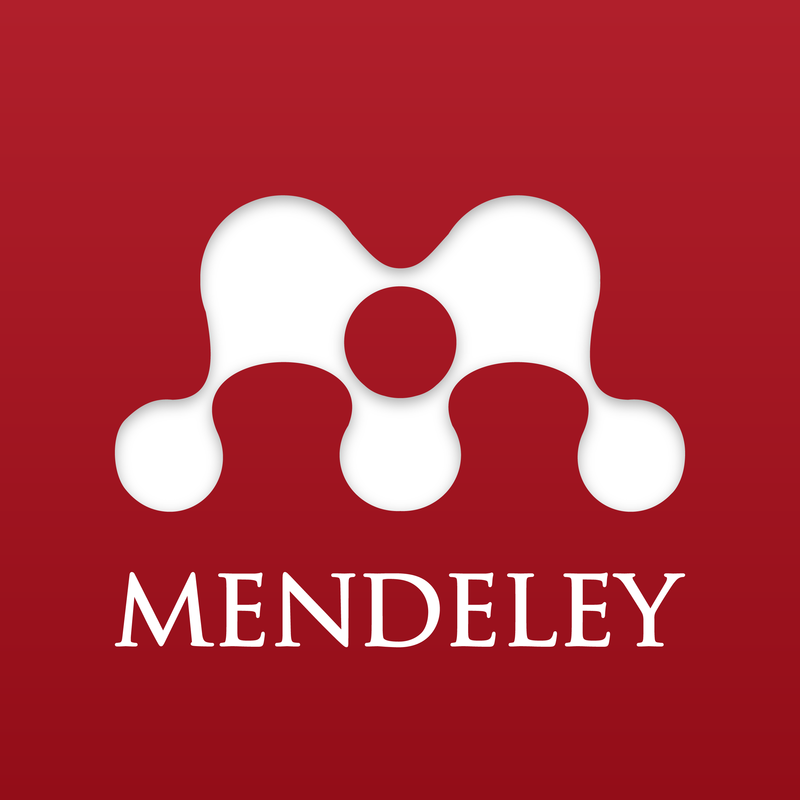DISPARITY OF CRIMINAL DECISIONS IN CORRUPTION CASES IN INDONESIA
Abstract
Keywords
Full Text:
PDFReferences
Bernard L. Tanya, 2005, Hukum, Politik dan KKN. Surabaya: Srikandi. hlm. 39. Baca pula Satjipto Rahardjo, “Bersatulah Hukum Progresif”, Kompas, 6 September 2024. Lihat pula Yohanes Suhardin, “Paradigma Rule Breaking dalam Penegakan Hukum yang Berkeadilan”, Jurnal Hukum Pro Justitia, Vol. 26 No. 3 Juli 2008
Direktorat Statistik Ketahanan Sosial, 2023, Indeks Perilaku Anti Korupsi 2023 Volume 7, Badan Pusat Statistik, Jakarta,
Eva Achjani, Proporsionalitas Penjatuhan pidana, Jurnal Hukum dan Pembangunan Tahun ke-41 No. 2 April-Juni 2011
Lon L Fuller dalam Dinal Fedrian, Dinamika Peran Hakim di Masyarakat, Majalah Komisi Yudisial, Juli September 2018, Jakarta, Komisi Yudisial, 2018,
Sudikno Mertokusumo, Mengenal Hukum: Suatu Pengantar, Yogyakarta, Liberty, 2009,
Satjipto Rahardjo, 2009. op.cit. hlm. 141-142. Lihat dan bandingkan dengan Theresia Anita Christiani, ”Studi Hukum Berdasarkan Perkembangan Paradigma Pemikiran Hukum Menujur Metode Holistik”, Jurnal Hukum Pro Justitia, Vol. 26 No. 4 Oktober 2008,
Satjipto Rahardjo,” Kemanusiaan, Hukum dan Teknokrasi”, Makalah pada Program Doktor Ilmu Hukum Undip 2005.
Toule . Eksistensi Ancaman Pidana Mati Dalam Undang-Undang Tindak Pidana Korupsi. No.2, Jurnal Hukum Prioris, Vol II, 2016.
CORRUPTION PERCEPTIONS INDEX 2023 – Transparency International Indonesia
DOI: http://dx.doi.org/10.30659/jhku.v19i1.1867
Refbacks
- There are currently no refbacks.

This work is licensed under a Creative Commons Attribution 4.0 International License.
Jurnal Hukum Khairu Ummah Indexed by :
 | Jurnal Hukum Khaira Ummah | |
| Faculty of Law, Unissula | Copyright of Jurnal Hukum Khaira Ummah | |
| Jalan Kaligawe Raya KM.4, Terboyo Kulon, Genuk, | ISSN ( 1907-3119 ) e-ISSN ( 2988-3334 ) | |
| Semarang, Central Java, Indonesia, 50112 |





